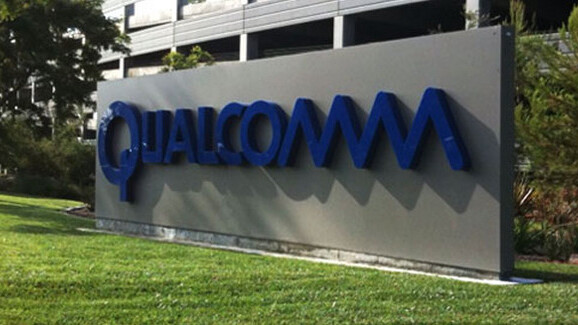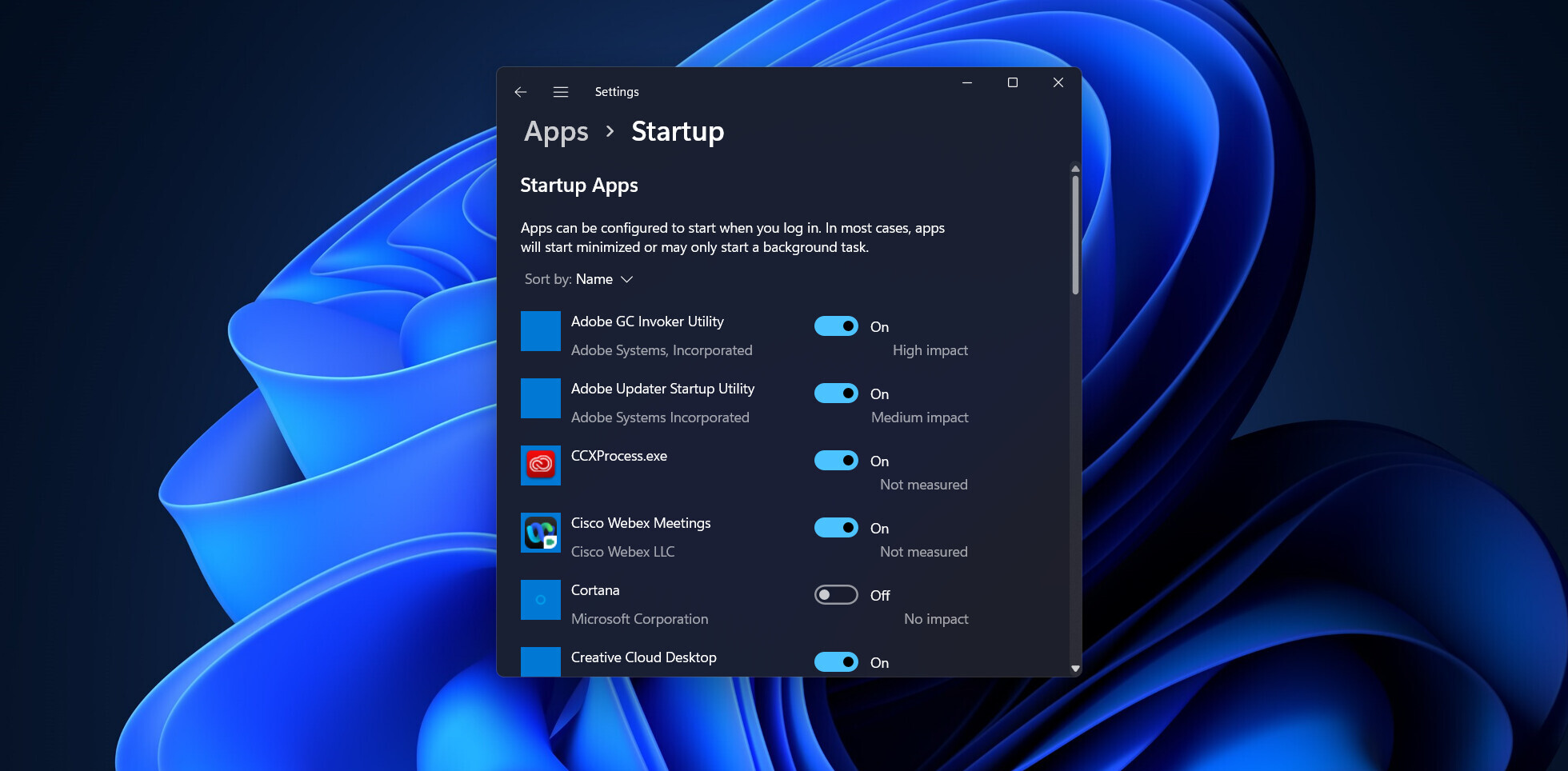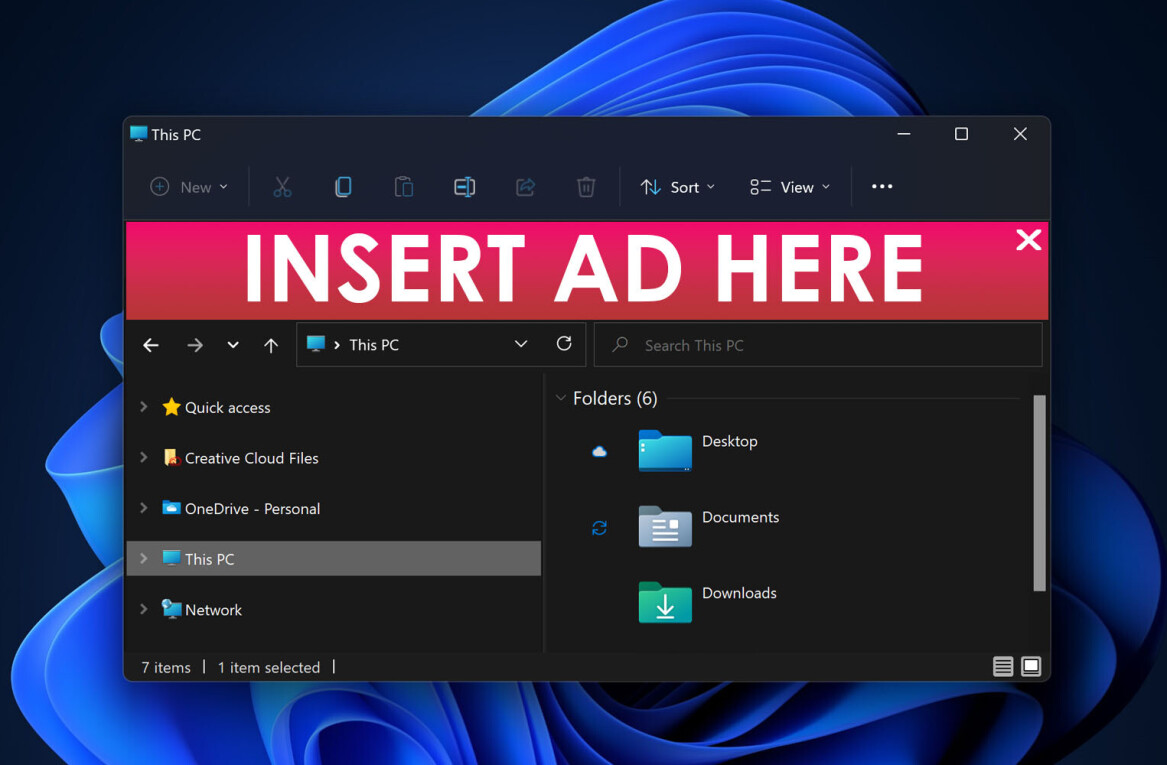
Despite rumors that semiconductor giants such at TI and Nvida were working on chips for the Windows Phone line of smartphones, Microsoft has laid any such talk to rest.
Today, in talks with Bloomberg, Microsoft’s Andy Lees (head of the WP7 team) made it plain that only Qualcomm chips would be the only game in town for the devices that ship running his software:
“Microsoft works exclusively with Qualcomm to develop chips that power handsets using its system, allowing it to specify technical details to ensure devices run more smoothly. There is currently no plan to work with other semiconductor makers for Windows Phone 7 devices.”
Microsoft is currently in the final stages of rolling out the Mango (Windows Phone 7.1) update to current handset owners, and as new devices reach the market, the company’s mobile strategy for the holiday sales cycle is taking shape. Nokia, a major partner, is expected to reveal its line of handsets next week at its Nokia World event.
Mr. Lees also noted that he expects the cost of Windows Phone handsets to decrease over time. This is likely due to several causes, namely increased production (volume), and lowering component costs (WP7 hardware specs have not changed). That will allow Microsoft, and its myriad partners, to compete on price as well as features.
Ideally, the Windows Phone line would have hardware that ran from the inexpensive (but more than functional) to the expensive, and opulent. This would create a device for every hand, and in effect, give the mobile platform a shot at a place at the smartphone table. For now, all is potential. But after the holiday sales cycle, provided that Microsoft manages to move a few million devices, the entire landscape might have changed.
Get the TNW newsletter
Get the most important tech news in your inbox each week.




